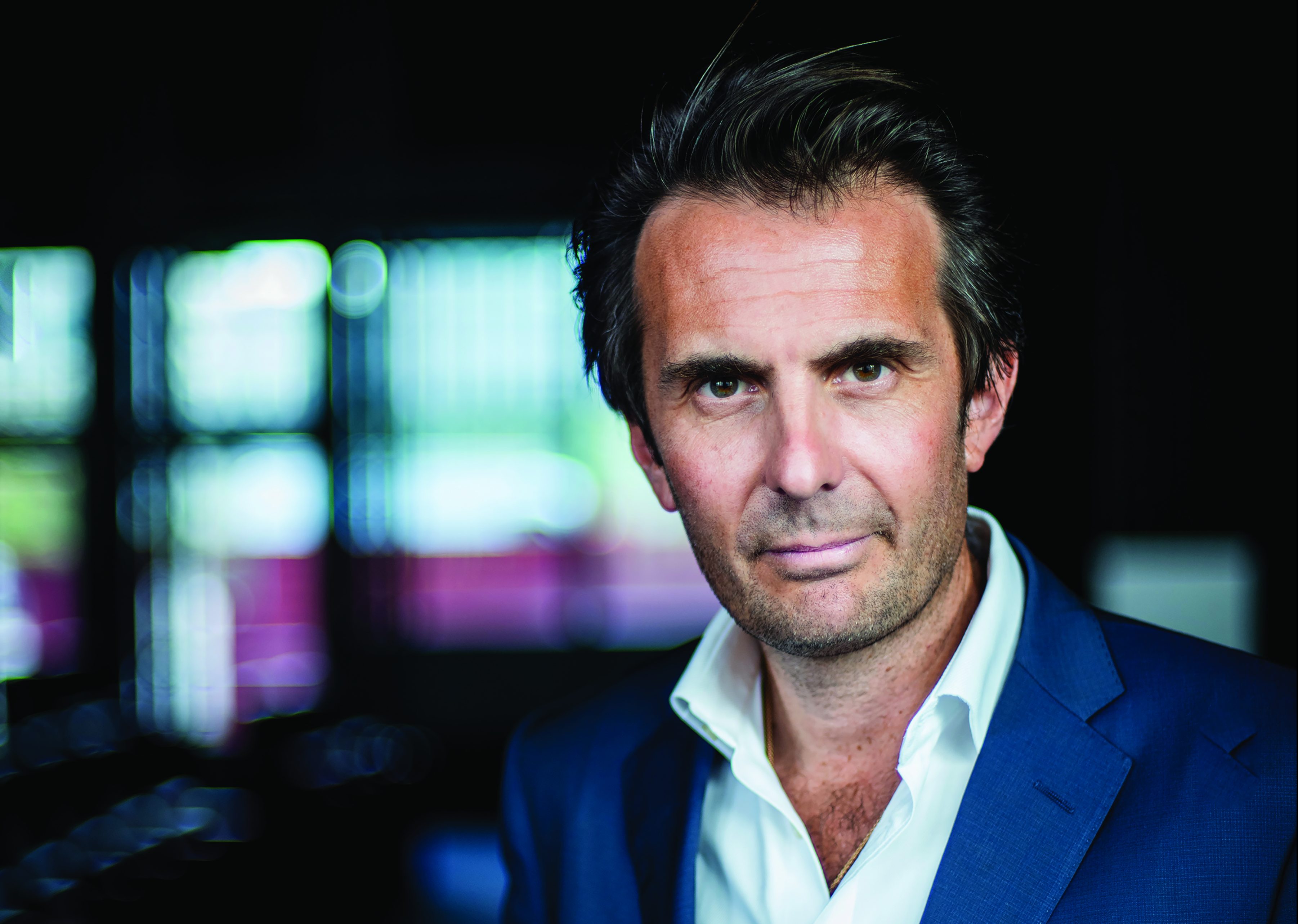
By Jalaja Ramanunni and Austyn Allison
In an industry that’s in a constant flux of change, Yannick Bolloré is known for his strategic vision and for being instrumental in driving growth and transformation. With a diverse background in finance, technology and media, Bolloré has a unique perspective on the intersection of these fields. As CEO and chairman of French advertising group Havas, and Havas’s parent company Vivendi (he is chairman of Vivendi’s supervisory board), he has led acquisitions, partnerships and digital initiatives. In an interview with Bolloré, Campaign Middle East takes a closer look at his accomplishments and his impact on the Havas Group.
Havas Middle East is being increasingly noticed globally for its work – work that was validated with international awards and the region’s first Outdoor Grand Prix at the Cannes Lions International Festival of Creativity last year. It has three main pillars in the Middle East: creative, PR and media. Its creative arm is one of its most rewarded divisions. At present, two of the most promising areas for Havas Group are events and health communication. Havas is known for healthcare communication in other parts of the world such as the US, Europe and some parts of Asia, and now it is planning to grow here in the Middle East. Meanwhile, events as a discipline is growing worldwide.
Bolloré speaks about how Havas Middle East fits into Havas globally. “We see the event operations developing and it’s going to be a big part of our revenue in the coming years,” he says. “KSA is becoming a sizeable operation for us, and we are developing in the region. We recently organised the Noor Riyadh festival in October. Our teams in the Middle East and France have been partnering to create this event. We are doing tons of things in the region and we see lots of business coming from Middle East.” He adds that the pandemic was “lethal” to events in general but clients, brands and organisations have understood the importance of live events. While it is counterintuitive, 2020 worked as an accelerator for the business of communication in general.
What did Havas do right during the pandemic? Bolloré says: “I believe our talent is our most precious asset. The first thing we did right was not laying off anyone. We were the only group in the industry that did not do layoffs and we did not cut compensation.” Being family-owned gave Havas Group the space to develop a long-term strategy. “Of course, we are concerned about the quarterly results, but our main focus is what the group will look like in 20 to 30 years,” he says.
Secondly, Havas Group continued to invest in data, customer experience and e-commerce. It enabled the group to grab e-commerce opportunities accelerated by the pandemic. Havas propelled its e-commerce business with its acquisition of e-commerce consultancy Expert Edge last year. When asked about the possibility of acquisitions in the Middle East, Bolloré doesn’t rule them out. The group has grown a lot organically in the region without acquisitions, but it is open to the idea if it finds the right company to partner with. “E-commerce is an area of focus for us,” says Bolloré. “But if we don’t find acquisitions to make, we can also build and invest. I talk with my peers and they like to acquire things faster. But I like to build things from scratch.”
At present, Havas is a unified business and famously so. Everything sits under one umbrella. The intention of the Havas ‘Village’ is to give clients a seamless experience by integrating creative, media and PR under one roof. Working with multiple agencies and communications groups can become too complex for clients.
Before Bolloré became CEO of Havas in 2013, the group wasn’t integrating its acquisitions well, he says. When Bolloré took charge, he was shocked at how siloed the organisation was. He says: “The first thing I did was understand from clients the challenges they had working with us. The one thing they had in common was the fact that we were very complex to partner with – this was over 10 years ago. We decided to integrate everything and created the big real estate change by moving everyone under the same roof.”
This was already the case in Dubai, but in London the Group moved from seven different locations to one. It decided to integrate the companies and created a service group – an easy solution for clients to work with. Earlier, clients would meet only people working in creative, media or PR. “We now take an agnostic approach, identify business challenges and solve issues with a holistic approach,” says Bolloré. “It is like the kitchen of a Michelin-starred restaurant. When you visit one, you don’t want to know how everything is cooked together. You want a plain nice meal and to enjoy the moment.”
One of the main challenges during this transition was culture. “We had internal competition,” says Bolloré. “People believed that competition was within the group more than outside. I like to refer to the first meeting like a Game of Thrones meeting – you have to leave your weapons out. However, creating a company culture was rapid and it took us two to three years. They all understood the positive aspects of changing things. It was a long time ago.”









